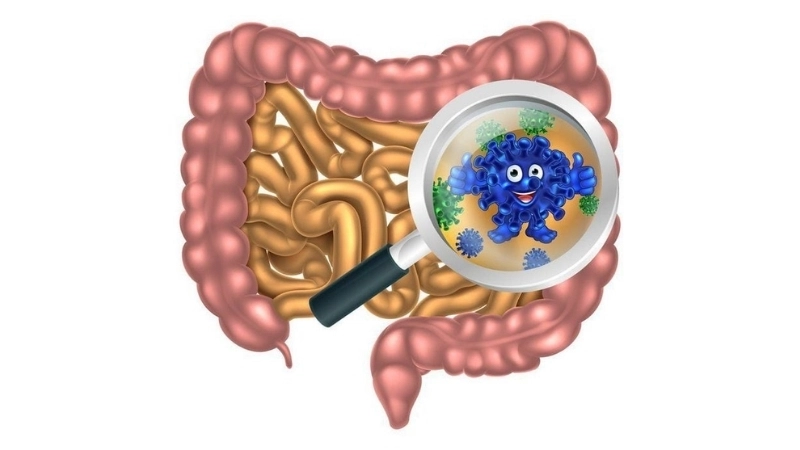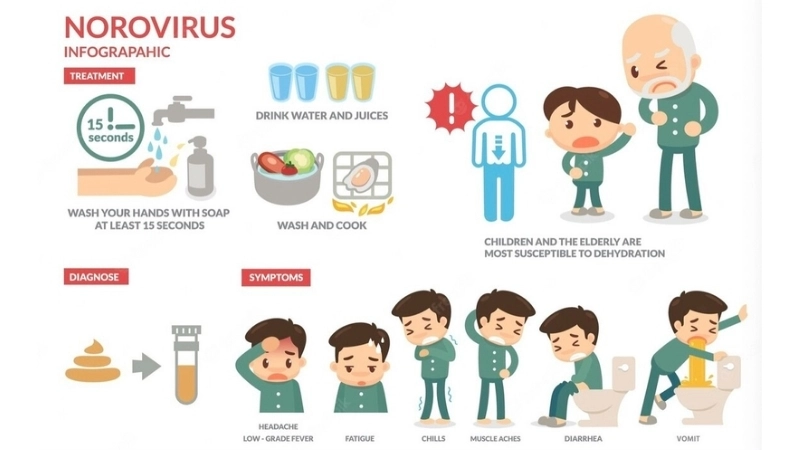Wondering what is norovirus? Often called the stomach flu or the cruise ship virus, this highly contagious bug can ruin your week. Don't get caught unprepared. This guide provides the crucial knowledge you need to protect your family.
What are the main causes of Norovirus Infection?
- The primary cause is direct contact with an infected person, as the virus is highly contagious and spreads easily in crowded places.
- Norovirus transmission also occurs from consuming contaminated food or water, which is why it's often mistaken for bacterial food poisoning vs norovirus.
- Infection can also come from touching contaminated surfaces then your mouth, a common route for norovirus in children and adults alike.

Key symptoms of Norovirus Infection to watch for
- The main norovirus symptoms are sudden nausea, forceful vomiting, watery diarrhea, and stomach cramps, appearing 12 to 48 hours post-exposure.
- A low-grade fever, chills, and body aches are also common, though the gastrointestinal distress is typically the most severe symptom.
- Watch for signs of dehydration, such as dizziness and decreased urination, as this is the most common complication, especially in children.
How can you prevent Norovirus Infection effectively?
- The best norovirus prevention is frequent, thorough handwashing with soap and water, as alcohol-based hand sanitizers are less effective.
- It is crucial to know how to clean after norovirus: disinfect contaminated surfaces immediately with a bleach-based household cleaner to kill the hardy virus.
- Avoid preparing food for others and stay home from work or school for at least 48 hours after your symptoms have completely stopped.
>>> Discover more: Cryptosporidiosis: A Guide to this Waterborne Illness
Image of the disease Norovirus Infection




>>> Understand more about: Giardiasis: Diagnosis, Treatment, and Prevention
So, how long does norovirus last? Usually one to three days. No specific norovirus treatment exists, so focus on replacing fluids to prevent dehydration. Following these prevention tips can better protect you.
>>> See this article: Listeriosis: Risks in Pregnancy and Food Safety Tips






